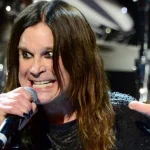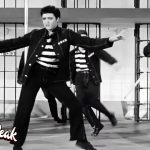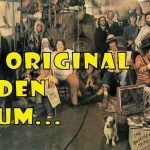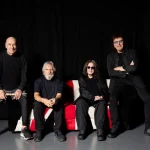A legacy carved not in marble,

A legacy carved not in marble, but in distortion, truth, and the kind of raw vulnerability that could shake a soul awake. Kurt Cobain didn’t just play music—he bled it. He didn’t write lyrics—he exhaled confessions that echoed the hurt, confusion, and craving for meaning that defined an entire generation.
To the world, he was the reluctant voice of the ‘90s—a symbol of grunge, rebellion, and emotional honesty in a world that often demanded silence. But to those who listened deeply, Kurt was something far more intimate: a mirror for the broken, a lighthouse for the lost, a reminder that it was okay to feel too much.
His voice cracked not because it failed—but because it meant something. Every scream, every whisper, every hypnotic riff was a cry against apathy. Against numbness. Against the quiet death of authenticity.
And though his physical presence left the world far too soon,  Kurt Cobain never truly left us. He lives in the feedback of a guitar. In a lyric scribbled in the margins. In the tears of someone who hears “All Apologies” at 3 a.m. and finally feels seen.
Kurt Cobain never truly left us. He lives in the feedback of a guitar. In a lyric scribbled in the margins. In the tears of someone who hears “All Apologies” at 3 a.m. and finally feels seen.
Frances Bean was right—he will never grow old. Never fade.
Because artists like Kurt don’t belong to time.
They belong to truth.
And truth?
It echoes forever.











